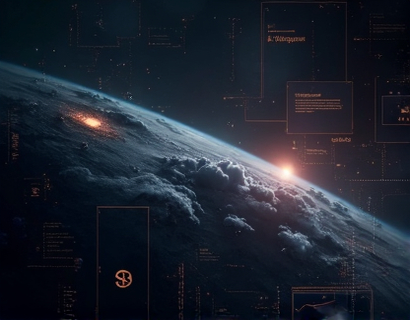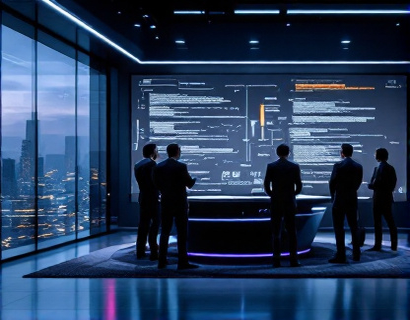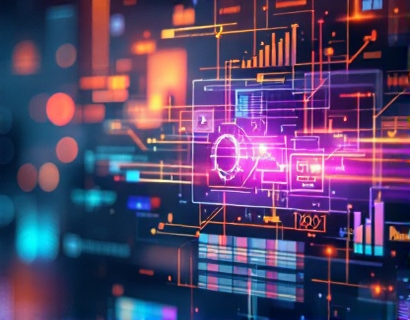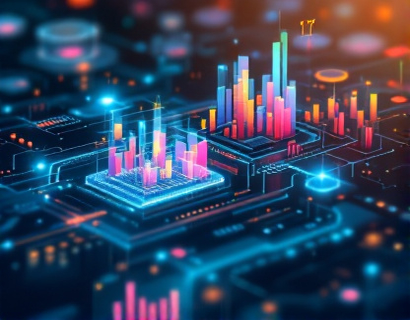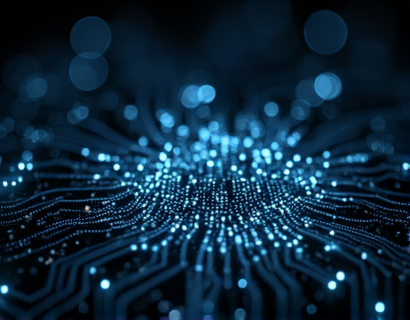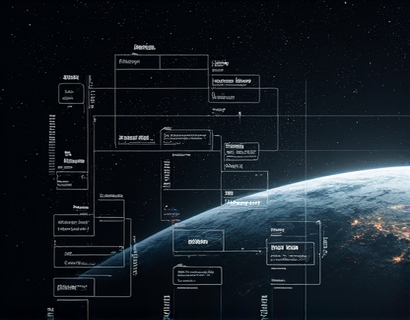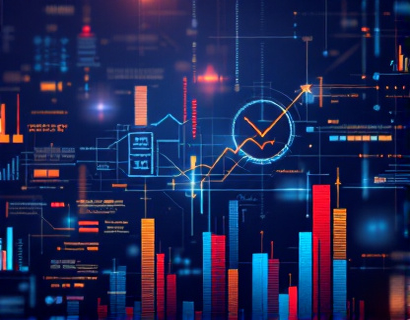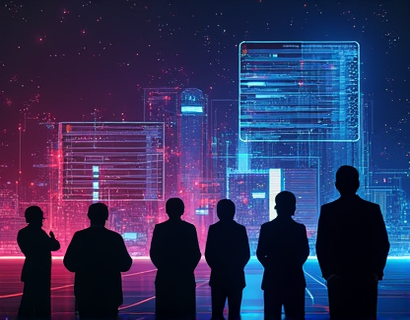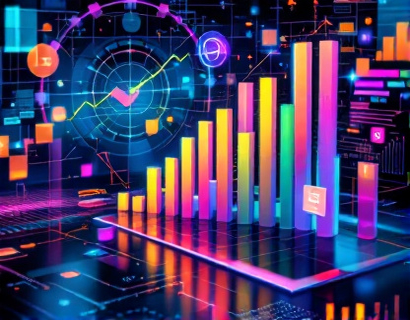AI and Crypto: Transforming Decentralized Productivity with Next-Gen Solutions
The intersection of artificial intelligence (AI) and cryptocurrency is giving rise to a new era of decentralized productivity tools. This fusion is not only redefining how tasks are managed and executed but also empowering tech professionals and early adopters with innovative solutions that enhance efficiency and security. As we delve into this transformative space, it's essential to understand how AI and cryptocurrency are synergistically revolutionizing app innovation and streamlining tasks for a tech-savvy audience.
The traditional centralized models of productivity are being challenged by decentralized platforms that leverage blockchain technology. These platforms offer a more secure, transparent, and user-controlled environment. AI, with its capabilities in data analysis, pattern recognition, and automation, is being integrated into these decentralized systems to create next-generation tools that are smarter, more efficient, and more secure.
Decentralized Productivity: A New Paradigm
Decentralized productivity platforms are built on blockchain, ensuring that data and applications are distributed across a network of nodes rather than stored in a single location. This decentralization eliminates the risk of a single point of failure and enhances data integrity. Users have full control over their data, and transactions are secure and verifiable.
These platforms often utilize smart contracts, self-executing contracts with the terms directly written into code. Smart contracts automate and enforce agreements without the need for intermediaries, reducing costs and increasing efficiency. When combined with AI, these platforms can dynamically adapt to user needs, optimize workflows, and provide personalized experiences.
AI in Decentralized Environments
AI plays a crucial role in decentralized productivity by enhancing the functionality and user experience of these platforms. Machine learning algorithms can analyze vast amounts of data to identify patterns and make predictions, which can be used to optimize task management and resource allocation. For instance, AI can predict peak usage times and adjust computational resources accordingly, ensuring smooth operations and cost efficiency.
Natural Language Processing (NLP) is another AI subset that significantly benefits decentralized productivity. NLP enables more intuitive and natural interactions with applications, allowing users to perform tasks using voice commands or natural language queries. This not only improves usability but also makes these tools more accessible to a broader audience.
Enhanced Security and Privacy
Security and privacy are paramount in both AI and cryptocurrency domains. Decentralized productivity platforms leverage blockchain's inherent security features, such as cryptographic hashing and consensus mechanisms, to protect user data and ensure transaction integrity. AI enhances this security by continuously monitoring the network for anomalies and potential threats, providing real-time alerts and automated responses to mitigate risks.
Privacy is also a key concern, and decentralized platforms combined with AI can offer advanced encryption and anonymization techniques. Zero-knowledge proofs, for example, allow users to verify information without revealing sensitive data. AI can help manage and secure these complex cryptographic processes, ensuring that user privacy is maintained at all times.
Streamlined Task Management
One of the most immediate benefits of AI-integrated decentralized productivity tools is the streamlined task management. AI algorithms can automate routine tasks, such as scheduling, reminders, and data entry, freeing up users to focus on more strategic activities. Smart contracts can be programmed to trigger actions based on specific conditions, ensuring that tasks are completed efficiently and reliably.
For example, an AI-powered decentralized task manager can analyze a user's workflow and suggest optimal task sequences, prioritize tasks based on urgency and importance, and even delegate tasks to team members if working in a collaborative environment. This level of automation and intelligence significantly boosts productivity and reduces the likelihood of human error.
Collaboration and Decentralized Workspaces
Collaboration is a critical aspect of modern productivity, and decentralized platforms are redefining how teams work together. AI enhances collaboration by providing intelligent tools that facilitate communication, document management, and project tracking. Decentralized workspaces ensure that all team members have equal access to information and resources, promoting transparency and fairness.
AI-driven chatbots and virtual assistants can handle routine inquiries and support tasks, allowing human team members to focus on more complex and creative work. These AI tools can also analyze team dynamics and suggest improvements, such as optimizing meeting schedules or balancing workloads.
Incentivization and Tokenomics
In the decentralized ecosystem, tokenomics play a vital role in incentivizing participation and rewarding contributions. AI can optimize token distribution and incentivization strategies to ensure that the most valuable contributions are recognized and rewarded. This not only motivates users but also helps maintain the health and growth of the platform.
For instance, AI can analyze user engagement and performance data to dynamically adjust token rewards, ensuring that the system remains fair and effective. This approach can also help in identifying and mitigating potential issues such as token hoarding or spam activities.
Future Prospects and Challenges
The future of AI and cryptocurrency in decentralized productivity is promising, with numerous potential applications and innovations on the horizon. However, there are also challenges that need to be addressed. Scalability remains a significant issue, as blockchain networks must handle increasing amounts of data and transactions efficiently. AI can play a role in optimizing blockchain performance through advanced algorithms and resource management techniques.
Regulatory compliance is another area that requires attention. As decentralized platforms gain traction, governments and regulatory bodies are starting to take notice. AI can help navigate these regulatory landscapes by providing insights and compliance tools, ensuring that platforms operate within legal frameworks while maintaining their decentralized nature.
Interoperability between different blockchain platforms and decentralized applications is also crucial for widespread adoption. AI can facilitate seamless integration and communication between diverse systems, creating a more cohesive and user-friendly ecosystem.
Conclusion
The fusion of AI and cryptocurrency is transforming decentralized productivity in ways that were once unimaginable. By leveraging the strengths of both technologies, we are witnessing the emergence of smarter, more secure, and more efficient tools that empower users in the digital age. As this field continues to evolve, the potential for innovation and growth is immense, offering exciting opportunities for tech professionals and early adopters alike.




